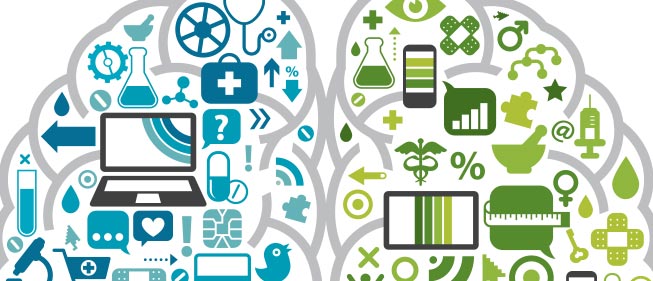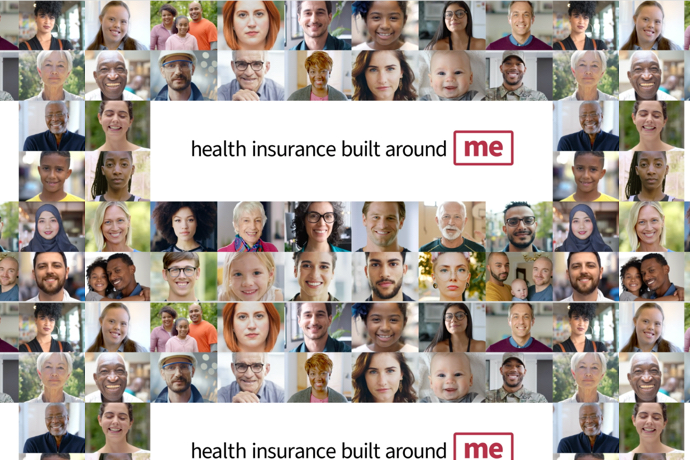Can Social Media Help Prevent and Manage Chronic Disease?

A new eHealth Initiative (eHI) report makes a pretty amazing claim: social media can help prevent and manage chronic disease. How? By promoting healthy habits, says a Fierce Healthcare article about combating chronic disease with social media.
The eHI report (“A Report on the Use of Social Media to Prevent Behavioral Risk Factors Associated with Chronic Disease”) finds that “social media can reduce the burden of chronic disease on the U.S. health system by providing real-time access to care, information and support that empowers patients to achieve personal health goals, correct high-risk behavior and better manage chronic conditions.” That sounds like win-win: a benefit for payers/providers, as well as patients.
So how does it work? In addition to providing a means for targeting health information to specific populations, eHI says social media can
- “make information about a chronic condition or treatment more personable and timely;”
- “provide a new channel for peer-to-peer communication among healthcare consumers, caregivers and family members;”
- facilitate “meaningful relationships that can provide support and motivation to cope with chronic conditions;”
- “establish communities … with shared experiences to combat isolation, fear and stigma;” and
- “engage and empower people to be accountable and achieve their goals.”
Among the types of social tools identified by eHI as having specific utility in managing health were message boards, Internet support groups, blogs and social games/challenges. In addition to the major social networking sites like Facebook and Twitter, eHI also noted online patient communities with social networking components (like HealingWell and SmartPatients).
However, it’s not only the social in social media that makes it effective: the content itself (the media), as shared online, is also critical to communication trends in the healthcare industry. As stated in the report, “The amount of information that is available for health consumers is growing exponentially at a time when direct face-to-face communication with providers is decreasing due to financial pressures. Social media can increase the reach of information in a scalable, low-cost fashion.”
Hospitals and insurers – What kind of content is important in your marketing strategy? What consumer and patient behaviors can social tools help you influence? Want to sit down and brainstorm? Get in touch with us.
Related posts:






